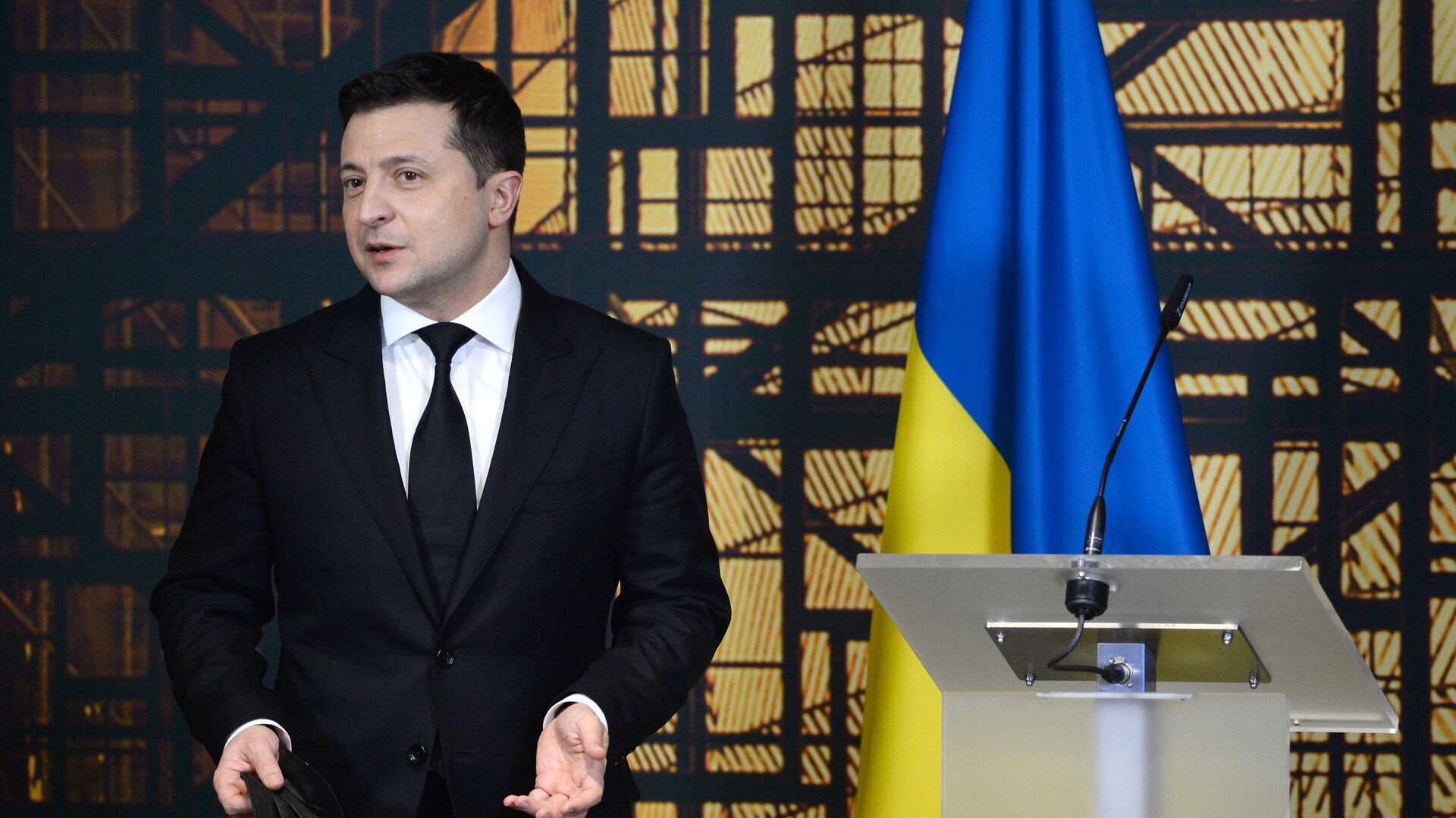Ukraine Could Avoid Destabilising Region if It Was More Independent, Ex-US State Senator Says
17:53 GMT 19.02.2022 (Updated: 17:54 GMT 19.02.2022)

© Sputnik / Алексей Витвицкий
/ Subscribe
WASHINGTON (Sputnik) - Ukraine could bring less instability to the region if it was more independent, former Virginia State Senator Richard Black said.
"Ideally, an independent non-aligned Ukraine would provide stability and a buffer against war for both sides," Black said.
Russia has been facing a wave of Western criticism in recent months over the build-up of troops along Ukrainian borders in alleged preparation of invasion. Moscow has repeatedly dismissed these allegations, pointing out NATO's increased activities near its own borders.
Black underscored that Russia has legitimate concerns with the eastward expansion of NATO.
"That encroachment leaves them an insufficient nuclear security buffer against the west," he explained. "Russia has painful memories of the massive WW II invasion from the west in 1941 and sees a security buffer as essential. At the same time, western Ukraine borders countries like Poland, Slovakia, and Romania, which harbour lingering apprehensions of Russia, dating back to Stalinist occupation by the USSR. They too consider a security buffer critical to their security."
Black went on to say that Europe is "not enthusiastic about hostilities with Russia."
"Germany enjoys excellent relations with Russia and looks forward to opening the Nord Stream 2 pipeline, which would shield vital gas supplies from outside political interference," he explained.
Black also noted that before the current tensions Germany saw no threat from Russia and practically eliminated its inventory of tanks.
"Starting in 1965, Germany built 4,744 Leopard main battle tanks. But by 2020, Germany slashed its inventory to just 236 tanks," he said. "That demilitarization wasn’t because they relied on U.S. protection; it was because they assessed the probability of Russian invasion as zero."
Germany is not the only NATO member that is lukewarm about the war in Ukraine, Black continued to say.
"French President Emmanuel Macron has tried to bridge differences between Russia and Ukraine," he said. "Hungary values its good relations with Russia and is unlikely to support Ukraine in the event of hostilities, and Croatia announced it would recall its troops from NATO if war broke out. Europe seems less sanguine about war than either the US or UK."
"Russia would undoubtedly prefer to avoid military conflict," he said. "Since Russia is torn between the desire for peace and the need for security, it is impossible to assess whether war will break out with Ukraine."
Black also stressed that it is most unfortunate that the United States and Western nations have poured advanced weapons into Ukraine.
"These are offensive weapons like anti-tank and anti-aircraft missiles," he said. "At some point, Russia may be forced to take military action against the dangerous military buildup on their border with Ukraine. Peace cannot be achieved by dumping arms and ammunition at Russia’s front door."
The former state senator said he found odd recent media reports - that cited US intelligence - suggesting that Russia would invade Ukraine on 16 February.
"The specificity of that assertion was strange," Black said. "Apparently, that date was specified by Ukrainian President Zelensky, a former comedian."
Black said after President Joe Biden alerted the entire leadership of the Western world about the date, Ukraine indicated that the claim was simply a joke and that Zelensky was just being "ironic."
"It is troublesome that America, which has 18 separate intelligence agencies, finds itself relying on a comedian for intelligence assessments," he added. "And it certainly puts his wisdom and maturity in question."
Nonetheless, the genuine risk of war is substantial and Russian concerns must be addressed sooner or later.
Black pointed as the source of the problem, the 2014 Western-backed coup that ousted the legitimately-elected Ukrainian President Viktor Yanukovych. The revolutionaries installed a new government in Kiev at gunpoint, he said.
Black went on to say they Russia did not initiate the hostile conditions in 2014, but the Russian Federation responded to dangerous events unleashed by the revolution in Kiev.
"The Federation’s bloodless absorption of Crimea became imperative once Russia’s fleet fell hostage to hostile forces in Kiev. Since only a bizarre quirk of history had placed Crimea within the Ukrainian orbit after 500 years with Russia, the Crimean people overwhelmingly welcomed the return to their homeland," he said. "Even after the coup in 2014, sound policies might have restored the Donbass to Ukraine."
However, Black went on to say, NATO needlessly advanced military forces eastward, "provocatively encircling Russia in a manner that rendered it vulnerable to a surprise attack by NATO."
"The posting of NATO military advisers within Ukraine itself may now force Russia to advance militarily and divide Ukraine at the Dnieper River," he said.

